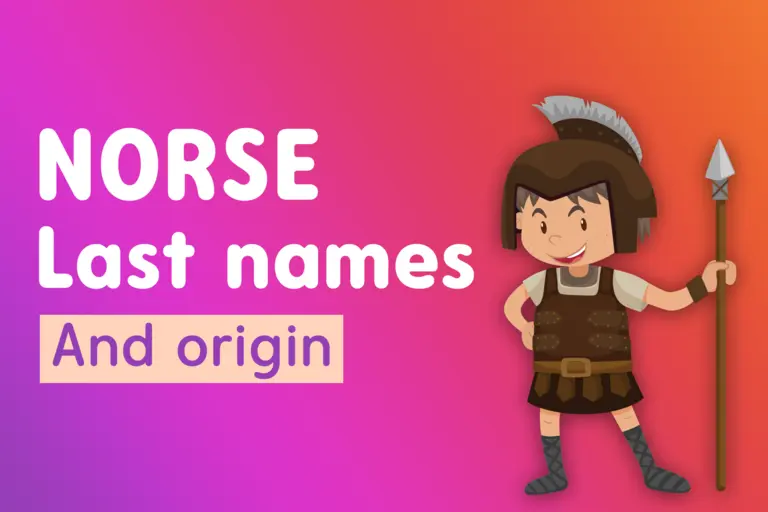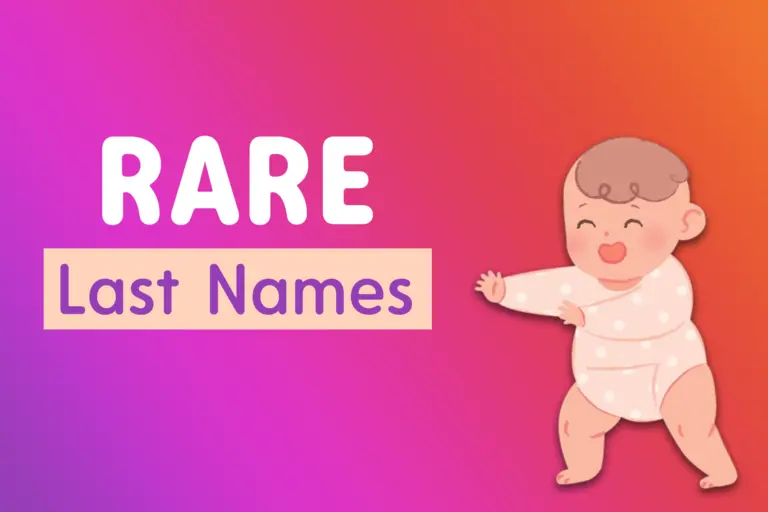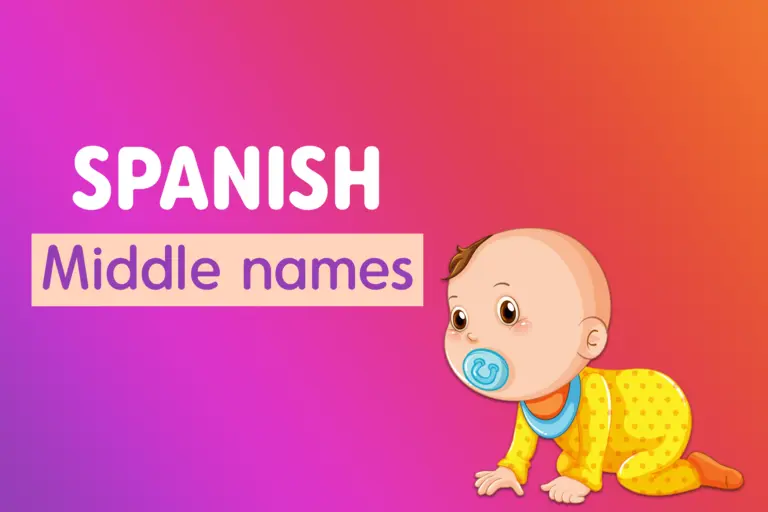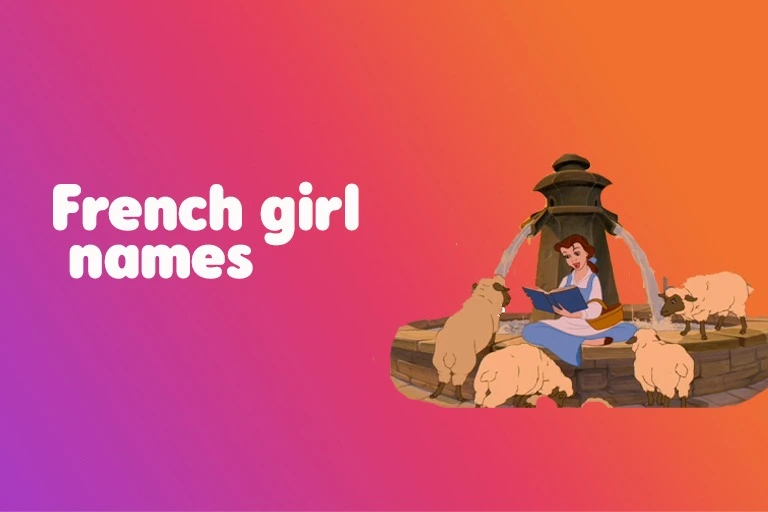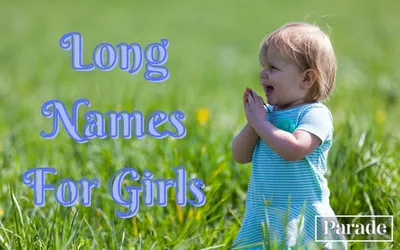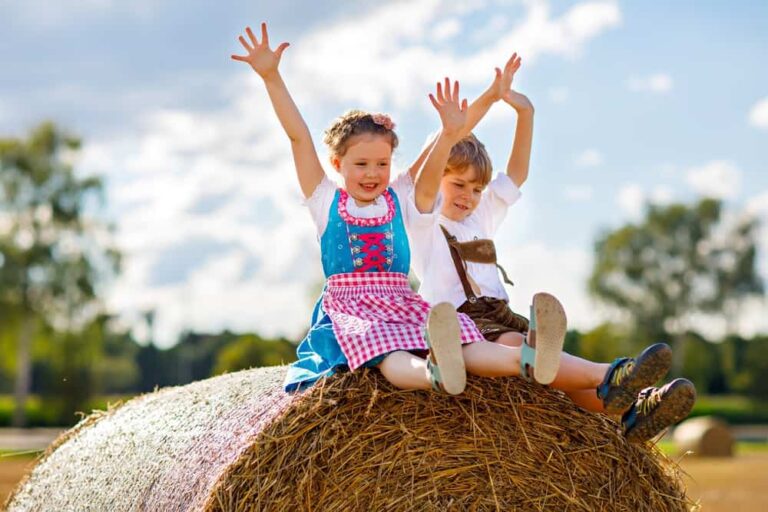Exploring Norse Last Names: Origins and Meanings
Norse last names have a rich and diverse history. Get to know the origins and meanings behind Nordic last names with Norse roots. Explore popular Norwegian surnames and delve into Viking heritage.
The Nordic history roots back to the 8th to the 11th century. These people were seaman warriors and traders who visited Europe and later on settled here. When you enter into the charismatic world of Norse last names, each name tells a tale of rich history and deep meaning. Norse surnames carry echoes of powerful Norse gods and legendary heroes. For instance, the roots of names like Magnusson, denoting son of Magnus, reflecting qualities associated with greatness and strength. Opting a Norse Name provides a deep connection to its history and tales associated with it.
Top Old Norse Last Names
Old Norse last names are deeply rooted in Norse mythology and history. Additionally, these surnames often reflect the individual’s lineage, occupation, or geographical location. Common suffixes such as -son and -dóttir denote “son of” and “daughter of” respectively, illustrating the patronymic naming tradition prevalent in Norse cultures. Names like Eriksson and Thorsdóttir are classic examples of these patronymic names. They are derived from Old Norse given names, emphasizing the importance of ancestry in Norse societies.
In addition to patronymic names, Norse last names can also be derived from occupations or geographical features. For instance, the surname Berg could signify someone who lived near a mountain, while the name Fischer might denote a family’s fishing heritage. These occupational and place-based surnames offer insights into the lives and environments of our ancestors.
Exploring the top Old Norse last names provides a fascinating glimpse into the rich tapestry of Norse culture and heritage. These names carry stories of resilience, craftsmanship, and the bond between individuals and their surroundings.
| Name | Origin |
| Bjornsson | 9th Century |
| Eiriksdottir | 10th Century |
| Gunnarsson | 8th Century |
| Olafsdottir | 9th Century |
| Thorvaldsson | 10th Century |
| Sigmundsdottir | 9th Century |
| Freysson | 8th Century |
| Ingridsdottir | 10th Century |
| Haraldsson | 9th Century |
| Astridisdottir | 10th Century |
| Ulfsson | 8th Century |
| Ragnarsdottir | 9th Century |
| Thordarson | 10th Century |
| Gudrunsdottir | 8th Century |
| Einarsson | 9th Century |
| Hrothgarsson | 10th Century |
| Runasdottir | 8th Century |
| Leifsson | 9th Century |
| Sigridsdottir | 10th Century |
| Haldorsson | 8th Century |
| Solveigsdottir | 9th Century |
| Hognisson | 10th Century |
| Thoraasdottir | 8th Century |
| Ketilsson | 9th Century |
| Aslaugsdottir | 10th Century |
| Eysteinsson | 8th Century |
| Gisladottir | 9th Century |
| Ogmundsson | 10th Century |
| Brynhildsdottir | 8th Century |
| Grimsson | 9th Century |
| Aldisdottir | 10th Century |
| Kariasson | 8th Century |
| Audsdottir | 9th Century |
| Valdimarsson | 10th Century |
| Gretaasdottir | 8th Century |
| Alvisson | 9th Century |
| Ingaasdottir | 10th Century |
| Gudbrandsson | 8th Century |
| Rannveigsdottir | 9th Century |
| Finnbjornsson | 10th Century |
| Sifsdottir | 8th Century |
| Steinsson | 9th Century |
| Thrymdottir | 10th Century |
| Hrolfsson | 8th Century |
| Yngvildsdottir | 9th Century |
| Njallsson | 10th Century |
| Lovisadottir | 8th Century |
| Hildisson | 9th Century |
| Asdisdottir | 10th Century |
Norse Last Names and Meanings
Norse last names are not merely identifiers; they carry profound meanings and connections to the past. In Norse societies, last names often reflect familial ties, personal attributes, or ancestral narratives. Understanding the meanings behind these names can offer valuable insights into the histories of individuals and communities.
For example, the surname Bjornsson, derived from the Old Norse word “bjǫrn,” meaning bear, might indicate a family’s association with qualities attributed to bears, such as strength and courage. Similarly, the name Lindberg, combining “lind” for linden tree and “berg” for mountain, could suggest a family’s ancestral home near a mountain adorned with linden trees.
Delving into the meanings of Norse last names unravels a tapestry of cultural significance and personal narratives. These names serve as linguistic vessels carrying the essence of familial bonds and ancestral legacies across generations.
Bjornsson – Meaning “son of Bjorn”
Eiriksdottir – Meaning “daughter of Eirik”
Gunnarsson – Meaning “son of Gunnar”
Olafsdottir – Meaning “daughter of Olaf”
Thorvaldsson – Meaning “son of Thorvald”
Sigmundsdottir – Meaning “daughter of Sigmund”
Freysson – Meaning “son of Frey”
Ingridsdottir – Meaning “daughter of Ingrid”
Haraldsson – Meaning “son of Harald”
Astridisdottir – Meaning “daughter of Astrid”
Ulfsson – Meaning “son of Ulf”
Ragnarsdottir – Meaning “daughter of Ragnar”
Thordarson – Meaning “son of Thordar”
Gudrunsdottir – Meaning “daughter of Gudrun”
Einarsson – Meaning “son of Einar”
Hrothgarsson – Meaning “son of Hrothgar”
Runasdottir – Meaning “daughter of Runa”
Leifsson – Meaning “son of Leif”
Sigridsdottir – Meaning “daughter of Sigrid”
Haldorsson – Meaning “son of Haldor”
Solveigsdottir – Meaning “daughter of Solveig”
Hognisson – Meaning “son of Hogni”
Thoraasdottir – Meaning “daughter of Thora”
Ketilsson – Meaning “son of Ketil”
Aslaugsdottir – Meaning “daughter of Aslaug”
Eysteinsson – Meaning “son of Eystein”
Gisladottir – Meaning “daughter of Gisla”
Ogmundsson – Meaning “son of Ogmund”
Brynhildsdottir – Meaning “daughter of Brynhild”
Grimsson – Meaning “son of Grim”
Aldisdottir – Meaning “daughter of Aldis”
Kariasson – Meaning “son of Kari”
Audsdottir – Meaning “daughter of Aud”
Valdimarsson – Meaning “son of Valdimar”
Gretaasdottir – Meaning “daughter of Greta”
Alvisson – Meaning “son of Alvis”
Ingaasdottir – Meaning “daughter of Inga”
Gudbrandsson – Meaning “son of Gudbrand”
Rannveigsdottir – Meaning “daughter of Rannveig”
Finnbjornsson – Meaning “son of Finnbjorn”
Sifsdottir – Meaning “daughter of Sif”
Steinsson – Meaning “son of Stein”
Thrymdottir – Meaning “daughter of Thrym”
Hrolfsson – Meaning “son of Hrolf”
Yngvildsdottir – Meaning “daughter of Yngvild”
Njallsson – Meaning “son of Njall”
Lovisadottir – Meaning “daughter of Lovisa”
Hildisson – Meaning “son of Hildi”
Asdisdottir – Meaning “daughter of Asdis”
Arinbjornsson – Meaning “son of Arinbjorn”
Gudlaugsdottir – Meaning “daughter of Gudlaug”
Thorbjornsson – Meaning “son of Thorbjorn”
Gydasdottir – Meaning “daughter of Gyda”
Hakiasson – Meaning “son of Haki”
Eilifsdottir – Meaning “daughter of Eilif”
Hedinsson – Meaning “son of Hedin”
Olofsdottir – Meaning “daughter of Olof”
Bardarsson – Meaning “son of Bardar”
Svanhildsdottir – Meaning “daughter of Svanhild”
Arnarson – Meaning “son of Arna”
Freydisdottir – Meaning “daughter of Freydis”
Gellirsson – Meaning “son of Gellir”
Jorundsdottir – Meaning “daughter of Jorund”
Thrainsson – Meaning “son of Thrain”
Helgasdottir – Meaning “daughter of Helga”
Brandsson – Meaning “son of Brand”
Estridsdottir – Meaning “daughter of Estrid”
Gudmundsson – Meaning “son of Gudmund”
Nannaasdottir – Meaning “daughter of Nanna”
Steingrimsson – Meaning “son of Steingrim”
Borghildsdottir – Meaning “daughter of Borghild”
Ormsson – Meaning “son of Orm”
Ragnhildsdottir – Meaning “daughter of Ragnhild”
Valgardsson – Meaning “son of Valgard”
Thrymsdottir – Meaning “daughter of Thrym”
Eyvindsson – Meaning “son of Eyvind”
Hallberadottir – Meaning “daughter of Hallbera”
Kjartansson – Meaning “son of Kjartan”
Eddaasdottir – Meaning “daughter of Edda”
Torfinnsson – Meaning “son of Torfinn”
Vigdisdottir – Meaning “daughter of Vigdis”
Aslaksson – Meaning “son of Aslak”
Dagnyisdottir – Meaning “daughter of Dagny”
Ruriksson – Meaning “son of Rurik”
Thyrisdottir – Meaning “daughter of Thyri”
Kollsson – Meaning “son of Koll”
Asvorisdottir – Meaning “daughter of Asvord”
Hrothildsson – Meaning “son of Hrothild”
Sigvorisdottir – Meaning “daughter of Sigvor”
Torgilsson – Meaning “son of Torgil”
Yrsaasdottir – Meaning “daughter of Yrsa”
Grimhildsson – Meaning “son of Grimhild”
Thrainisadottir – Meaning “daughter of Thrainisa”
Ingemarsson – Meaning “son of Ingemar”
Unnisdottir – Meaning “daughter of Unni”
Torkelsson – Meaning “son of Torkel”
Ragnaldsdottir – Meaning “daughter of Ragnald”
Kariolson – Meaning “son of Kariol”
Yngvildsson – Meaning “son of Yngvild”
Jofridsdottir – Meaning “daughter of Jofrid”
Norse Last Names Dóttir
Norse last names with the suffix “dóttir” hold a special place in Scandinavian naming customs. Used to denote a daughter’s lineage, these names trace their origins back to the Old Norse patronymic tradition. The suffix “dóttir” signifies “daughter of” and links an individual’s identity directly to their father.
Names like Sigurdsdóttir and Haraldsdóttir exemplify this naming convention, emphasizing the importance of familial ties in Norse societies. By incorporating the father’s given name into the daughter’s surname, these names establish a direct connection to the paternal lineage, preserving family histories and legacies.
Thorsdóttir
Eiriksdóttir
Gunnarsdóttir
Olafsdóttir
Thorvaldsdóttir
Sigmundsdóttir
Freysdóttir
Ingríðsdóttir
Haraldsdóttir
Astríðsdóttir
Ulfdóttir
Ragnarísdóttir
Thordóttir
Gudrunsdóttir
Einarsdóttir
Hrothgardsdóttir
Runasdóttir
Leifsdóttir
Sigridsdóttir
Haldorsdóttir
Solveigsdóttir
Hogndóttir
Thorasdóttir
Ketilsdóttir
Aslaugsdóttir
Eysteinsdóttir
Gisladóttir
Ogmundsdóttir
Brynhildsdóttir
Grimsdóttir
Aldisdóttir
Kariasdóttir
Audsdóttir
Valdimarsdóttir
Gretasdóttir
Alvisdóttir
Ingasdóttir
Gudbrandsdóttir
Rannveigsdóttir
Finnbjornsdóttir
Sifsdóttir
Steinsdóttir
Hrolfsdóttir
Yngvildsdóttir
Njallsdóttir
Lovisdóttir
Hildisdóttir
Asdisdóttir
Arinbjornsdóttir
Norse Last Names Son
Norse last names with the patronymic suffix “son” epitomize the ancestral lineage and heritage of individuals. Rooted in Old Norse naming customs, these surnames denote “son of” and establish a direct link to the paternal line. Names like Olafsson and Ragnorsson showcase this tradition, highlighting the importance of familial ties in Norse cultures.
By incorporating the father’s given name into the son’s surname, these names not only convey lineage but also honor the contributions and legacies of previous generations. They serve as tangible representations of familial pride and connection to ancestry.
Exploring Norse last names with the “son” suffix unveils a treasure trove of historical and cultural significance. These names encapsulate the essence of familial bonds, resilience, and the enduring legacy of Norse heritage through generations.
| Name | Meaning |
| Thorsen | Son of Thor |
| Eiriksen | Son of Eirik |
| Gunnarson | Son of Gunnar |
| Olafsen | Son of Olaf |
| Thorvaldsen | Son of Thorvald |
| Sigmundson | Son of Sigmund |
| Freysson | Son of Frey |
| Ingridsen | Son of Ingrid |
| Haraldson | Son of Harald |
| Astridson | Son of Astrid |
| Ulfson | Son of Ulf |
| Ragnarson | Son of Ragnar |
| Thordson | Son of Thord |
| Gudrunson | Son of Gudrun |
| Einarson | Son of Einar |
| Hrothgarson | Son of Hrothgar |
| Runason | Son of Runa |
| Leifson | Son of Leif |
| Sigridson | Son of Sigrid |
| Haldorson | Son of Haldor |
| Solveigson | Son of Solveig |
| Hogni son | Son of Hogni |
| Thorason | Son of Thora |
| Ketilson | Son of Ketil |
| Aslaugson | Son of Aslaug |
| Eysteinson | Son of Eystein |
| Gisleson | Son of Gisle |
| Ogmundson | Son of Ogmund |
| Brynhildson | Son of Brynhild |
| Grimson | Son of Grim |
| Aldison | Son of Aldis |
| Kari son | Son of Kari |
| Audson | Son of Aud |
| Valdimarson | Son of Valdimar |
| Greta son | Son of Greta |
| Alvison | Son of Alvi |
| Ingason | Son of Inga |
| Gudbrandson | Son of Gudbrand |
| Rannveigson | Son of Rannveig |
| Finnbjornson | Son of Finnbjorn |
| Sifson | Son of Sif |
| Steinson | Son of Stein |
| Thrymson | Son of Thrym |
| Hrolfson | Son of Hrolf |
| Yngvildson | Son of Yngvild |
| Njallson | Son of Njall |
| Lovison | Son of Lova |
| Hildison | Son of Hild |
| Asdison | Son of Asdi |
Top 10 Norwegian family names
Norway boasts a rich tapestry of family names that reflect its diverse history and cultural influences. From traditional patronymic names to occupational and geographical surnames, Norwegian family names offer a glimpse into the country’s past and the lives of its inhabitants.
Common Norwegian family names like Hansen, Johansen, and Olsen stem from the patronymic tradition, indicating “son of Johan” or “son of Ole.” These names underscore the importance of lineage and familial connections in Norwegian society.
Moreover, occupational names such as Smed (smith) and Bakke (hill) as well as place-based names like Berge (mountain) and Strand (beach) provide insights into the ancestral occupations and environments of Norwegian families. Each surname carries with it a piece of the country’s history and heritage.
Hansen
Johansen
Olsen
Larsen
Andersen
Pedersen
Nilsen
Bingen
Birkeland
Bjelland
Trends in Norwegian Family Names
Recent trends in Norwegian family names show a comeback of traditional Viking-inspired names. Many modern families are opting for surnames that provide the spirit of Norse invaders and reflect the rugged beauty of Scandinavia. Additionally, these names often have meanings rooted in nature, such as Berg (mountain) or Lund (grove).
In addition to traditional Norse last names, Norwegians are increasingly adopting occupational names that reflect the trades or professions of their forefathers. Names like Smed (smith) or Bakker (baker) hint at the historical occupations that were prevalent in Norwegian society.
History of Norwegian Family Names
The history of Norwegian family names dates back to the Viking age when surnames were not commonly used. Initially, people were identified by their given names, often followed by a descriptor like “son of” or “daughter of.” As society evolved, Norse surnames became more prevalent, indicating the individual’s lineage.
Moreover, many Norse names are derived from the Old Norse language and reflect the cultural heritage of the country. These names tell stories of familial connections, geographical origins, or forefather’s occupations. Further, exploring the history of Norwegian family names offers an insight into the traditions, values, and customs that have shaped the identities of generations of Norwegians.
Badass Norse Last Names
Badass Norse last names evoke the aggressive and fearless spirit of the Vikings. As, Vikings were known for their daring exploration and conquests. That’s why, these surnames often have meanings that reflect strength, courage, and resilience. For instance, names like Thorsson (son of Thor), Gunnarsen (son of Gunnar), or Skjoldr (shield) express the legendary qualities of Norse warriors.
The power of badass Norse last names lies in their ability to capture the imagination and embody the adventurous spirit of the Viking age. However, these names repeat with individuals looking to embrace their Nordic heritage.
Thorsson
Ironfist
Thunderheart
Wolfblade
Stormbreaker
Frostbane
Ravenshadow
Battlehammer
Skullcrusher
Iceblood
Deathbringer
Shadowreaper
Thunderstrike
Nightshade
Darkrider
Gunnarsen
Warthorn
Flamebearer
Frostfang
Stormrider
Bloodaxe
Grimshadow
Thunderstorm
Shadowblade
Frostfall
Ironhelm
Bonecrusher
Stormblade
Skjoldr
Ravenshield
Iceheart
Bloodraven
Blackthorn
Deathblade
Frostwolf
Shadowthorn
Ironclaw
Nightbringer
Wolfheart
Stormcloak
Battleborn
Grimraven
Thunderclaw
Frostfire
Bloodstorm
Ironjaw
Deathsong
Shadowfall
Nightstalker
Iceflame
Ravensong
Stormwatcher
Warcry
Flameheart
Frostbeard
Bloodrider
Blackraven
Thunderstone
Shadowfury
Icebane
Deathmark
Stormhowl
Ironsong
Nightshade
Wolfscar
Frostgale
Ravenshadow
Bloodrider
Shadowthorn
Deathbringer
Stormbreaker
Ironfist
Flamebearer
Blackthorn
Thunderstrike
Iceheart
Ravensong
Shadowblade
Bloodaxe
Frostfall
Stormrider
Ironhelm
Deathmark
Frostfire
Wolfheart
Shadowfall
Stormcloak
Bloodraven
Thunderclaw
Grimraven
Ironjaw
Nightbringer
Frostwolf
Deathblade
Shadowthorn
Iceflame
Ravenshield
Stormblade
Bonecrusher
Frostfang
Thunderstorm
Grimshadow
Iceblood
Wrap up
Considering Norse last names reveals a fascinating story rooted in the rich history of explorers and warriors. These names, which have a historical impact, stand for the tenacity and fortitude ingrained in Scandinavian culture. Beyond the particular names is a heritage of Norse ancestry that adds a new dimension to our knowledge of Scandinavian history. These names serve as examples of Scandinavia’s lasting cultural imprint and demonstrate the significant influence that Norse ancestry has had on the area. Also read about Spanish Middle Names to add a touch of both paternal and maternal characteristics.

